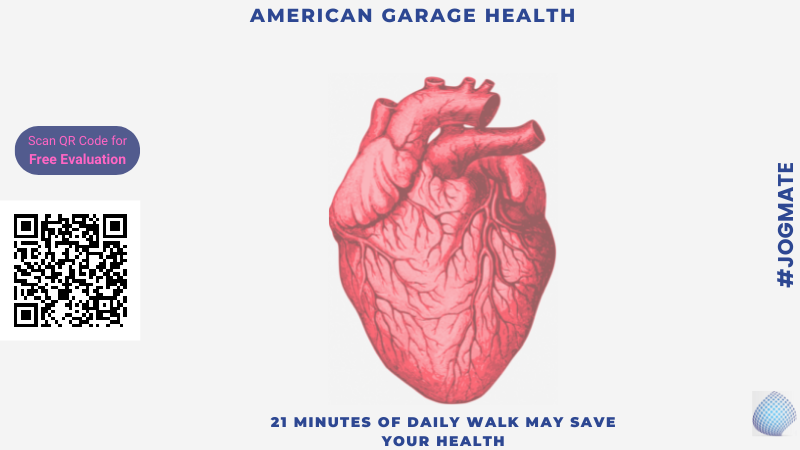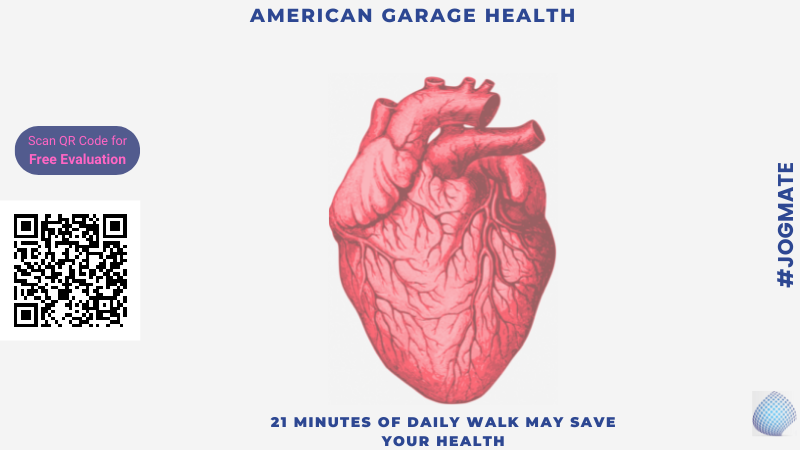The cardiovascular-kidney-metabolic (CKM) syndrome was officially defined in the recommendation. Cardiovascular disease sufferers may be at a higher risk of developing CKM syndrome.

A new presidential advise from the American Heart Association highlights the close relationship between obesity, Type 2 diabetes, renal disease, and cardiovascular disease (CVD). On October 9, the advise provided the first definition of the cardiovascular-kidney-metabolic (CKM) syndrome. Cardiovascular disease patients may be at a higher risk of developing CKM syndrome.
Diabetes, obesity, and renal disease are all highly associated with this novel cardiac condition. The guideline discusses the relationships between various ailments with an emphasis on locating those with early-stage CKM syndrome.
We can begin preventative medicines early and more successfully manage existing heart disease by screening for metabolic and renal disorders.
In Depth
A growing body of research indicates that metabolic risk factors like belly obesity, high blood pressure, high cholesterol, and high blood sugar might have a harmful effect on other body organs.
According to the warning, CKM syndrome is a result of the historically high prevalence of Type 2 diabetes and obesity in both adults and children.
The “M” in CKM stands for metabolic problems, such as type 2 diabetes and obesity, which also increase the risk of cardiovascular disease.
In addition, cardiovascular disease is the leading cause of death for patients with Type 2 diabetes and chronic renal disease.
Stages
A system of steps enabling doctors to recognise people at risk was also presented by Ndumele and his team in addition to defining the new syndrome.
Stage 0: There are no heart disease risk factors.
Stage 1: Abdominal obesity, poor glucose tolerance, or prediabetes are examples of excessive body fat and/or an improper distribution of body fat. People with Stage 1 are advised to support healthy lifestyle changes (healthy diet and frequent exercise) and aim for a weight loss of at least 5% while receiving therapy for glucose intolerance if necessary.
It is recommended to screen for blood pressure, triglycerides, cholesterol, and blood sugar every two to three years.
Stage 2: People in this stage may have Type 2 diabetes, high blood pressure, high triglycerides, or kidney disease, and they are at an increased risk of both kidney and heart disease worsening.
At this point, the objective is to treat the risk factors in order to stop the advancement of kidney and cardiovascular disease.
Stage 3: The objective of this stage is to step up prevention efforts for persons who are most at risk of developing renal failure and symptomatic cardiovascular disease. This could entail modifying or adding drugs, as well as putting more of an emphasis on lifestyle modifications.
Stage 4: The stage with the highest risk of cardiovascular disease. There are two subcategories: (a) for people who do not have kidney failure and (b) for people who do. People might already be experiencing heart failure, a stroke, or a heart attack. They might also have other heart problems, like peripheral artery disease or atrial fibrillation.
The aim of care is to treat cardiovascular disease on an individual basis while taking CKM syndrome characteristics into account.
Conclusion
According to American Heart Association officials, a new syndrome known as cardiovascular-kidney-metabolic syndrome, or CKM, can be used to describe a number of chronic illnesses.
The cardiovascular-kidney-metabolic (CKM) syndrome, which is linked to obesity, Type 2 diabetes, and chronic kidney disease, was mentioned in the recommendation.
There are updated guidelines for screening, staging, and treatment. Optimal patient care is guaranteed by a collaborative model, according to health professionals.
